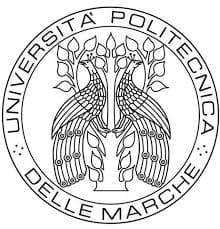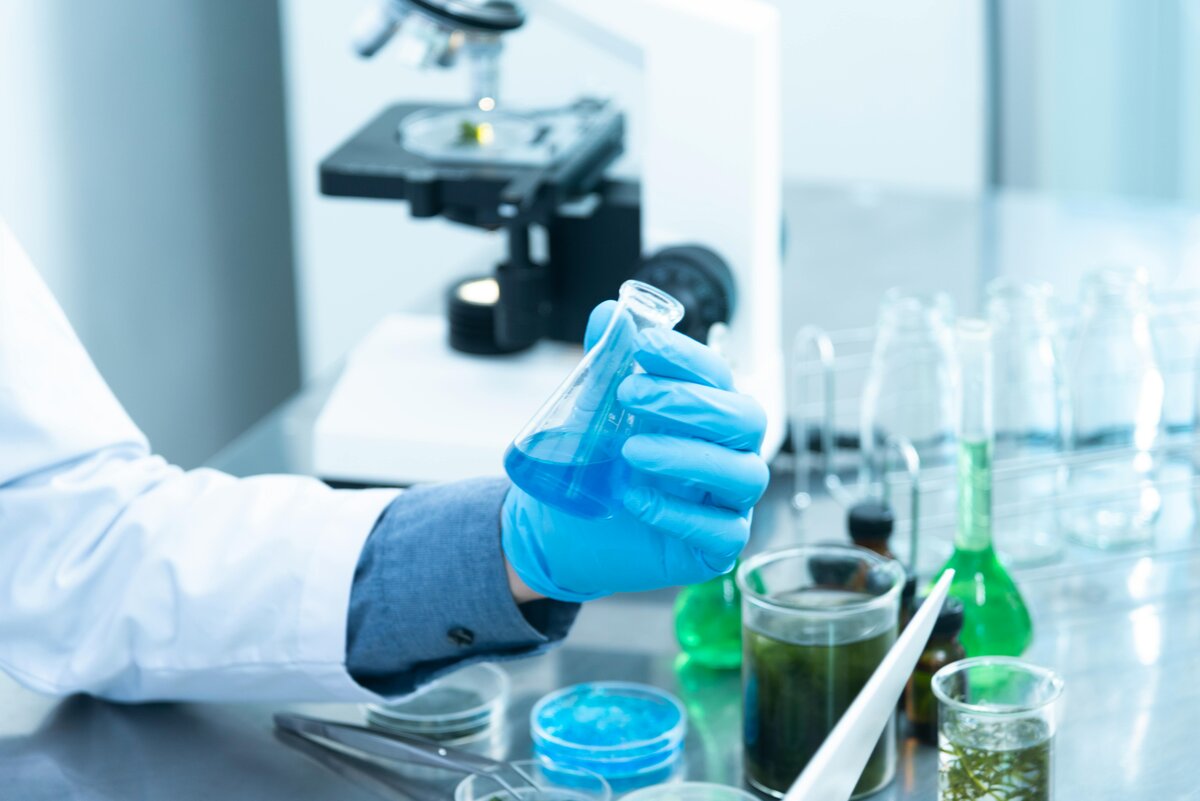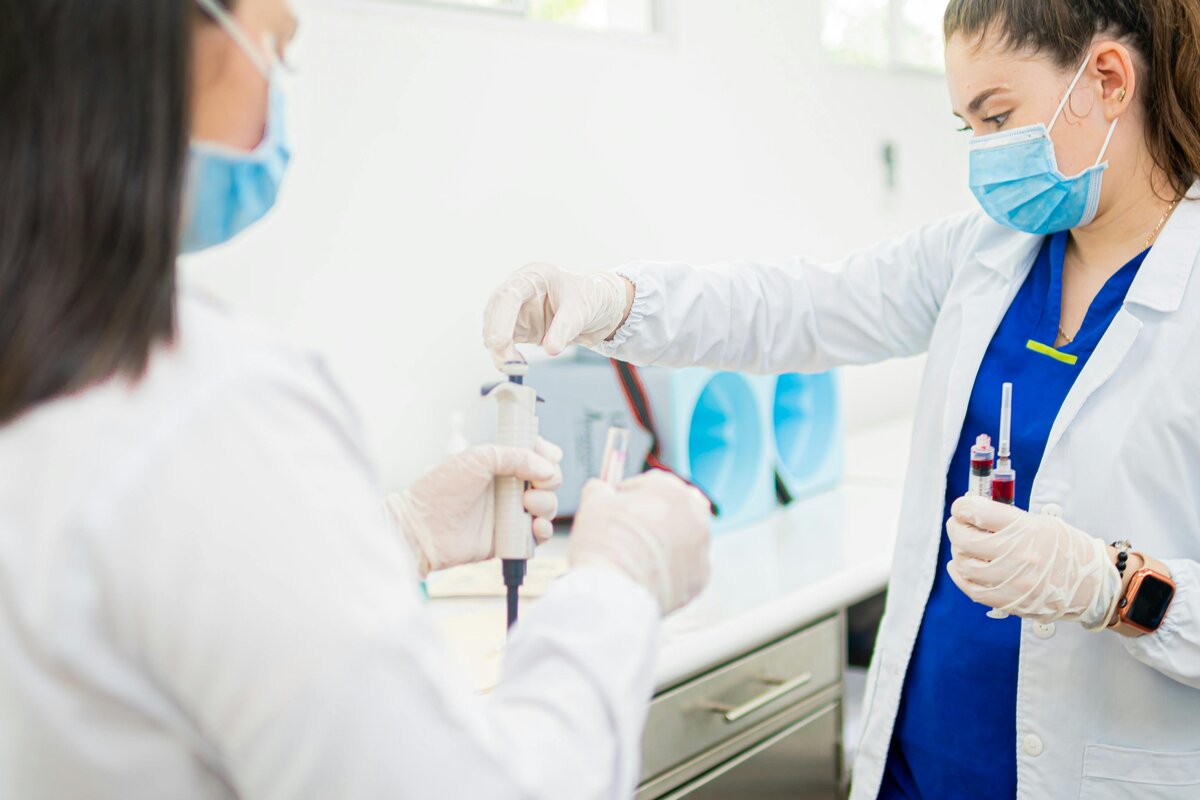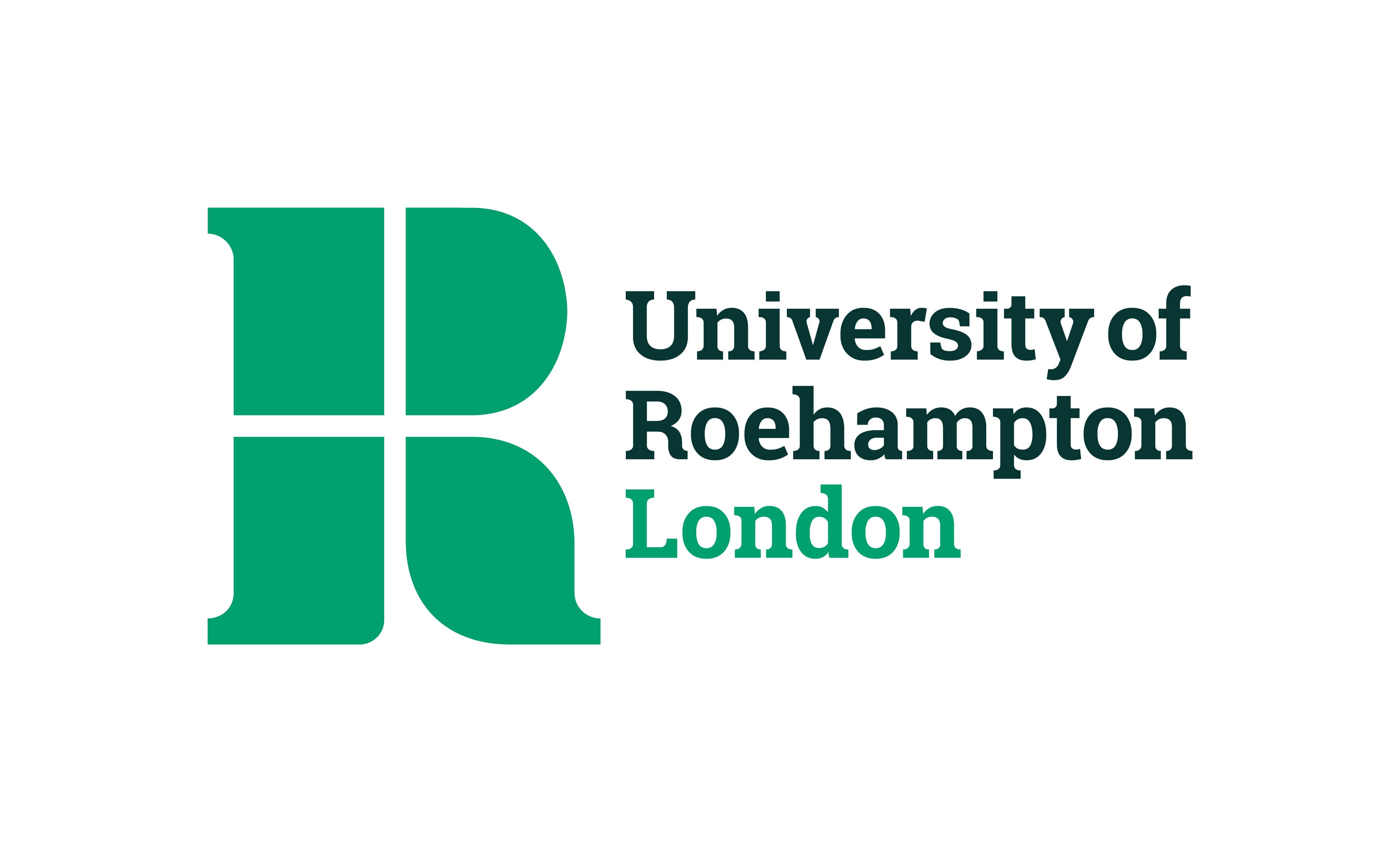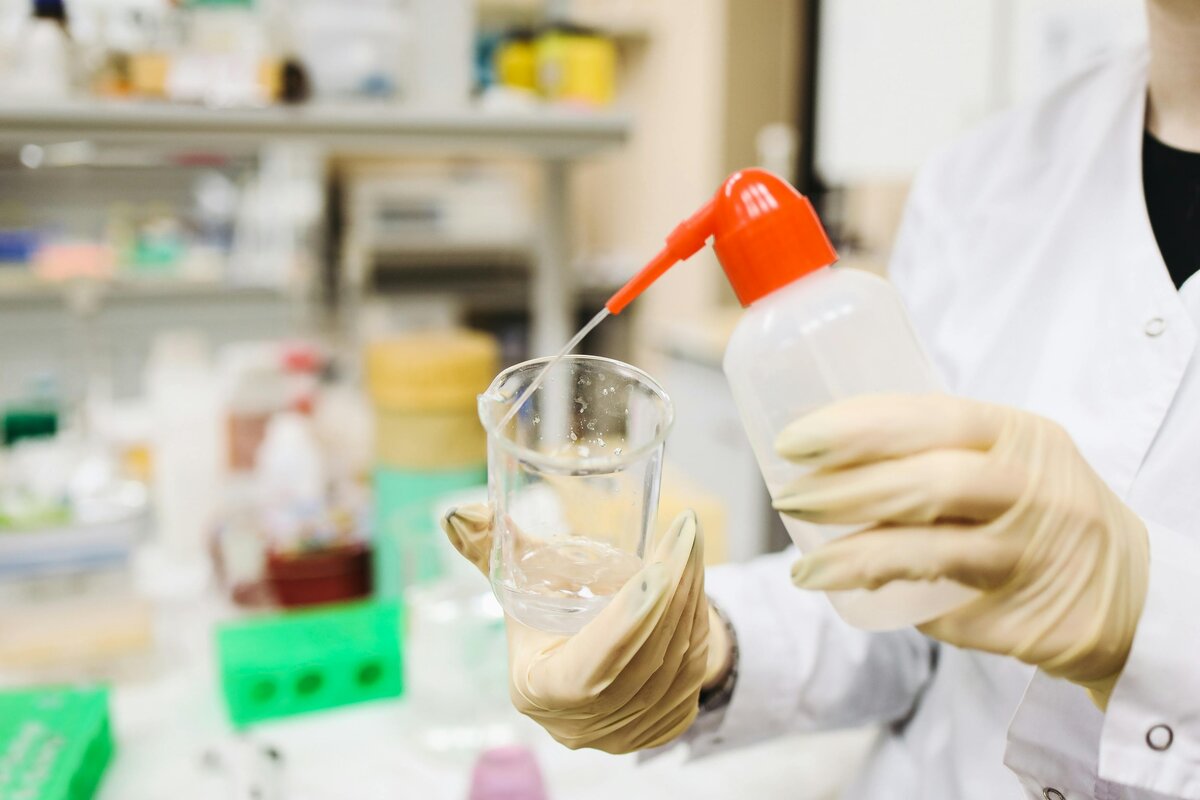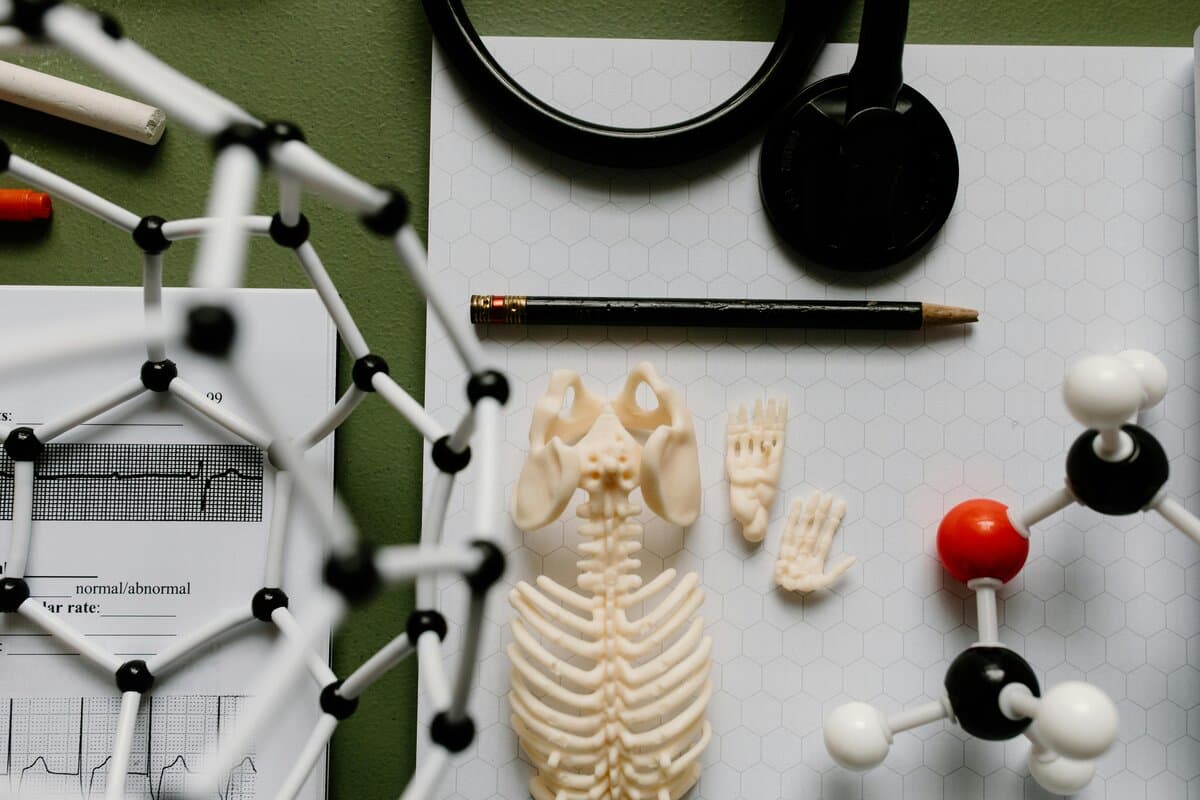
Master's Degree in Nutrition and Food Sciences
Main Campus, Italy
The program reflects a greater social awareness of the role of nutrition in maintaining optimal health, preventing age-related chronic diseases, and promoting successful aging. In this context, the extension of this concept beyond human health to companion animals is significant, as the nutritional sector plays an increasingly important role in market differentiation and development. Specifically, the course also addresses the growing interest of businesses and the market in health foods and nutraceuticals, coupled with the need to showcase the characteristics of local agri-food products. It addresses specific market demands for nutrition professionals with expertise in aspects related to consumer health, considering, in addition to traditional dietary techniques, aspects of gut microbiota modulation by foods and probiotics, elements of nutrigenomics, and the principles of nutrigenetics as an introduction to the concept of personalized nutrition.
At the same time, knowledge of nutraceutical foods will be provided, particularly in validating the efficacy of functional foods for humans and companion animals, also taking into account health-related regulations (health claims). In this context, the purely biomedical aspects that characterize the nutritional biologist's skills will be integrated with knowledge of food quality, food technologies, including microbiology, and food safety.
The course therefore aims to train highly professional figures for employment in the food, nutraceutical, and animal feed industries, capable of combining knowledge of food production and processing with knowledge of their nutritional and functional value.
The trained professionals, in addition to traditional training as nutritional biologists, will possess the skills to analyze and evaluate the chemical, physical, and microbiological characteristics of food products to improve their nutritional quality and food safety. These skills will provide preferential access to agri-food, nutraceutical, and livestock companies. Future graduates will also be able to support businesses and associations in promoting local products, find employment in food quality control laboratories, and manage certification systems. Further opportunities include access to positions in the public sector (which currently employs approximately 15% of LM61 graduates) and at national and regional health agencies involved in the design, monitoring, and evaluation of programs related to nutrition.
The program includes training activities aimed at acquiring advanced knowledge in various areas of nutrition, from the biomedical field focused on human health to the technological field related to food characterization and processing.
The program includes annual seminars, with the collaboration of professionals from the business world, to develop knowledge and skills of great importance for the practice of the profession. It also includes the preparation of an experimental thesis, either at research laboratories of the Polytechnic University of Marche or at other universities, research institutions, or public or private companies operating in the food and human nutrition sector. A 150-hour internship is also included at University research laboratories or at external public or private institutions, companies, or laboratories affiliated with the University that operate in the food and nutrition sector.
The program's educational objectives cover the following essential professional skills:
- Knowledge of the quality of raw materials and the technological and microbiological processes associated with their transformation. Use of bioprocesses for nutritional and nutraceutical improvement of foods, with a particular focus on local products.
- Knowledge of the safety aspects of animal and plant-based foods and the quality of processing.
- Knowledge of the biochemical and physiological mechanisms of digestion, absorption, and metabolic processes involving nutrients. Knowledge of nutritional and nutraceutical quality. Knowledge of the influence of foods on well-being, disease prevention, and treatment, including through modulation of the intestinal microbiota.
- Knowledge of agri-food economics and marketing. Knowledge of regulations related to the marketing, safety, and health claims of foods, ingredients, additives, and food supplements.
Similar Programmes
Bachelor's Degree
48 months
Nutrition and Dietetics ( Integrated Masters)
Seton Hill University, Greensburg, United States
Earliest Intake
June 2026
Gross Tuition
42294 $
Master's & Postgraduate
12 months
Advanced Nutrition Practice (MS)
Seton Hill University, Greensburg, United States
Earliest Intake
October 2026
Gross Tuition
27510 $
Master's & Postgraduate
24 months
Nutrition and Dietetics (MS)
Seton Hill University, Greensburg, United States
Earliest Intake
June 2026
Gross Tuition
24420 $
Master's & Postgraduate
12 months
Applied Sciences MRes
University of Roehampton, London, United Kingdom
Earliest Intake
January 2026
Gross Tuition
18980 £
Bachelor's Degree
36 months
Nutrition and Health
University of Roehampton, London, United Kingdom
Earliest Intake
January 2026
Gross Tuition
17628 £
Uni4Edu AI Assistant
